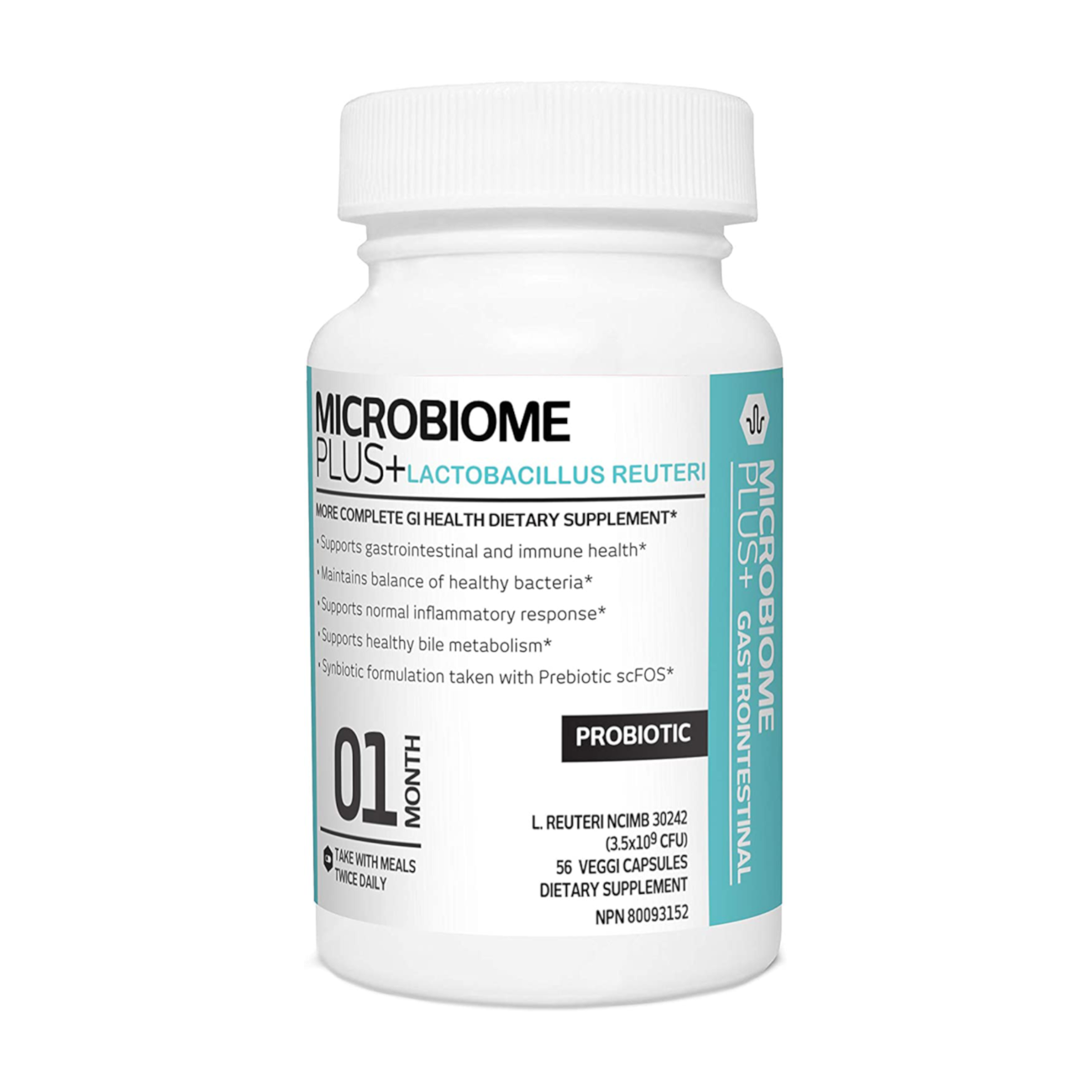You are not what you eat, but what your gut bacteria eat, which in turn, probably impacts how soon and how well you age. Depending on the makeover of your gut microbiota, you may not only age sooner but are also likely to develop frailty and other diseases that come with aging.
Based on this, the scientists of the McGill University recently fed a blend of probiotics and an herbal supplement (called synbiotic) to fruit flies. The results were surprisingly drastic. The synbiotic formulation prolonged the flies’ lifespan by 60% and at the same time, warded-off chronic lifelong diseases. [1]
Hence, in this post, we decided to dig into the pathways that support this benefit of probiotics.
Gut bacteria rescue markers of metabolic stress
While there are many factors known to influence longevity, this is the first time that supplements like probiotics (synbiotics, in particular), have shown to serve as an elixir of longevity. They are capable of alleviating metabolic stress by addressing the body’s resistance to insulin and improving the energy stores. These formulations also appear to tame inflammation and oxidative stress that could otherwise generate longevity-damaging free radicals. [1] Besides, oxidative stress and inflammation play a major role in the natural aging process. As a result of these physiological processes, not only the immune system begins to age but the declining function of all other organ systems also triggers aging. Probiotics, on the other hand, can help kick start healthy aging and prevent frailty.
Targeting the Gut-Brain Axis prevents age-related ailments
The study further highlights how the gut bacteria pack a wallop on the entire health and aging through the gut-brain-axis link. The gut-brain-axis is a two-way street between the GI microbiota and the brain for several metabolic, hormonal, immunological, and neuronal signals stemming from individual bacterial cells in your gut.
Probiotic supplementation has shown promise in fighting symptoms of nerve degeneration, age-related colon inflammation, and even memory impairments in aging mice. [2]
Healthy aging has a lot to do with the makeup of your gut bacteria
Depending on your lifestyle factors, your gut may contain more good bugs, more bad bacteria, or an equal proportion of both. Whatever the case may be, the number of predominant microbes will eventually affect “how you’ll age.” If there are more unfriendly bugs in your gut, chances of growing old with poor health become higher. In contrast, a diet rich in gut-friendly probiotics and prebiotics may help ward-off chronic age-related issues and promote healthy aging. [3] Moreover, studies show that the number of beneficial bacteria tends to decline with advancing age, compromising your immune system. This again stresses on how important it is to take probiotics and prebiotics to keep those levels of the friendly bugs from falling down. [4]
Wrapping up
While the effects of probiotics on longevity may not be as drastic in humans as in the fruit fly, but because the fruit fly bears a remarkable similarity to mammals in terms of their physiological and biochemical processes, it wouldn’t be wrong to expect the same in humans too. However, experts are still on their hunt to find how probiotics impact longevity in humans.
- Westfall S, Lomis N, and Prakash S. Longevity extension in Drosophila through gut-brain communication. Scientific Reports. 2018.
- Jeong JJ, Kim KA, Hwang YJ et al. Anti-inflammaging effects of Lactobacillus brevis OW38 in aged mice. Benef Microbes. 2016;7(5):707-71.
- Biagi E, Franceschi C, Rampelli S et al. Gut Microbiota and Extreme Longevity. Curr Biol. 2016;26(11):1480-5. doi: 10.1016/j.cub.2016.04.016.
- Park SH, Kim KA, Ahn YT, Jeong JJ, Huh CS, Kim DH. Comparative analysis of gut microbiota in elderly people of urbanized towns and longevity villages. BMC Microbiol. 2015;15:49. Published 2015 Feb 26. doi:10.1186/s12866-015-0386-8.










